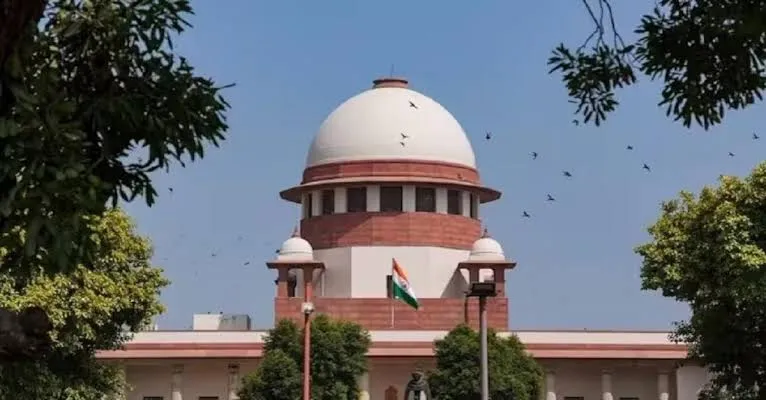The Supreme Court of India has ruled that domicile-based reservations in postgraduate (PG) medical admissions are unconstitutional, as they violate the principle of equality under Article 14 of the Constitution.
In a judgment delivered by a three-judge bench, including Justices Hrishikesh Roy, Sudhanshu Dhulia, and SVN Bhatti, the court clarified that admissions to PG medical courses under state quotas must be based entirely on merit, as determined through the National Eligibility cum Entrance Test (NEET), rather than on domicile requirements.
The bench emphasized that all Indian citizens have the right to live and work anywhere in the country. It stated, “There is only one domicile – the territory of India,” underlining that domicile-based restrictions for PG admissions undermine the constitutional right to equal educational opportunities.
While the court acknowledged that some degree of domicile-based reservation may be acceptable at the undergraduate (MBBS) level, it ruled that such reservations at the PG level, which require specialized expertise, are unconstitutional.
The ruling will apply to future PG medical admissions but will not affect students who are currently enrolled or who have completed their PG medical courses under the domicile reservation system. These students will be exempt from the judgment.
The case arose from appeals concerning PG medical admissions at the Government Medical College and Hospital in Chandigarh. The matter had been referred to a larger bench in 2019 after the Punjab and Haryana High Court struck down the domicile reservation policy.
Also Read: Air India Flight AI 2957 Emergency Response: What Triggered the False Hijack Alert?


